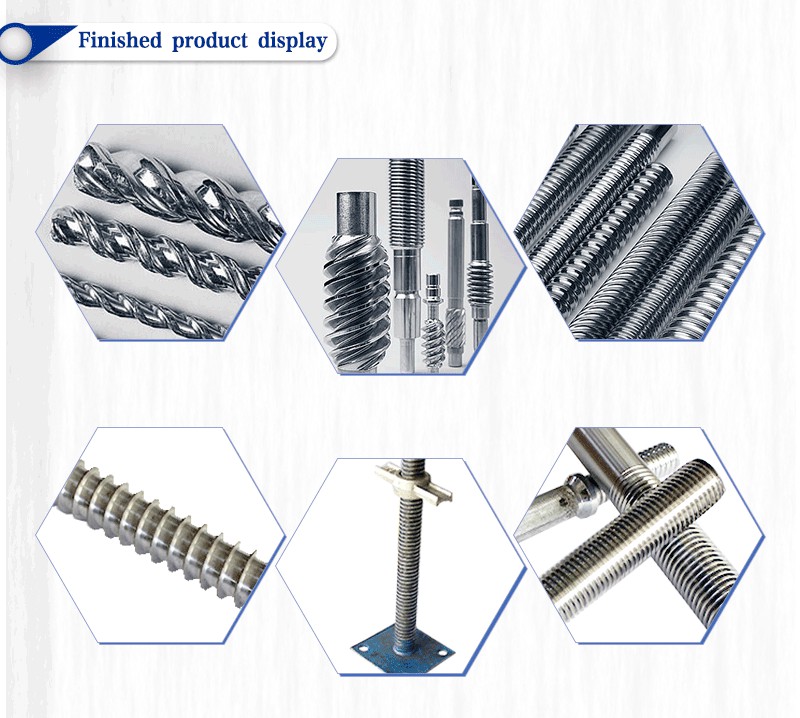
-
 Afrikaans
Afrikaans -
 Albanian
Albanian -
 Amharic
Amharic -
 Arabic
Arabic -
 Armenian
Armenian -
 Azerbaijani
Azerbaijani -
 Basque
Basque -
 Belarusian
Belarusian -
 Bengali
Bengali -
 Bosnian
Bosnian -
 Bulgarian
Bulgarian -
 Catalan
Catalan -
 Cebuano
Cebuano -
 Corsican
Corsican -
 Croatian
Croatian -
 Czech
Czech -
 Danish
Danish -
 Dutch
Dutch -
 English
English -
 Esperanto
Esperanto -
 Estonian
Estonian -
 Finnish
Finnish -
 French
French -
 Frisian
Frisian -
 Galician
Galician -
 Georgian
Georgian -
 German
German -
 Greek
Greek -
 Gujarati
Gujarati -
 Haitian Creole
Haitian Creole -
 hausa
hausa -
 hawaiian
hawaiian -
 Hebrew
Hebrew -
 Hindi
Hindi -
 Miao
Miao -
 Hungarian
Hungarian -
 Icelandic
Icelandic -
 igbo
igbo -
 Indonesian
Indonesian -
 irish
irish -
 Italian
Italian -
 Japanese
Japanese -
 Javanese
Javanese -
 Kannada
Kannada -
 kazakh
kazakh -
 Khmer
Khmer -
 Rwandese
Rwandese -
 Korean
Korean -
 Kurdish
Kurdish -
 Kyrgyz
Kyrgyz -
 Lao
Lao -
 Latin
Latin -
 Latvian
Latvian -
 Lithuanian
Lithuanian -
 Luxembourgish
Luxembourgish -
 Macedonian
Macedonian -
 Malgashi
Malgashi -
 Malay
Malay -
 Malayalam
Malayalam -
 Maltese
Maltese -
 Maori
Maori -
 Marathi
Marathi -
 Mongolian
Mongolian -
 Myanmar
Myanmar -
 Nepali
Nepali -
 Norwegian
Norwegian -
 Norwegian
Norwegian -
 Occitan
Occitan -
 Pashto
Pashto -
 Persian
Persian -
 Polish
Polish -
 Portuguese
Portuguese -
 Punjabi
Punjabi -
 Romanian
Romanian -
 Russian
Russian -
 Samoan
Samoan -
 Scottish Gaelic
Scottish Gaelic -
 Serbian
Serbian -
 Sesotho
Sesotho -
 Shona
Shona -
 Sindhi
Sindhi -
 Sinhala
Sinhala -
 Slovak
Slovak -
 Slovenian
Slovenian -
 Somali
Somali -
 Spanish
Spanish -
 Sundanese
Sundanese -
 Swahili
Swahili -
 Swedish
Swedish -
 Tagalog
Tagalog -
 Tajik
Tajik -
 Tamil
Tamil -
 Tatar
Tatar -
 Telugu
Telugu -
 Thai
Thai -
 Turkish
Turkish -
 Turkmen
Turkmen -
 Ukrainian
Ukrainian -
 Urdu
Urdu -
 Uighur
Uighur -
 Uzbek
Uzbek -
 Vietnamese
Vietnamese -
 Welsh
Welsh -
 Bantu
Bantu -
 Yiddish
Yiddish -
 Yoruba
Yoruba -
 Zulu
Zulu
China's Advanced Circular Thread Rolling Machines for Precision Manufacturing Solutions
The Advancements and Applications of Circular Thread Rolling Machines in China
In recent years, the manufacturing sector in China has witnessed significant technological advancements, particularly in the area of metalworking. One such innovation that has gained attention is the circular thread rolling machine, a critical tool in producing high-quality threaded components. This evolution has not only improved efficiency but also the overall quality of products across various industries.
Circular thread rolling machines are designed to create threads on cylindrical workpieces using a cold working process. Unlike traditional machining methods that remove material, thread rolling reshapes the metal to form threads, which enhances the strength of the components due to the improved grain flow. This technology is widely applicable in sectors such as automotive, aerospace, and construction, where durable threaded parts are essential.
One of the main advantages of using circular thread rolling machines is their ability to produce threads with greater precision and surface finish compared to conventional methods. The process results in minimal material waste, contributing to sustainability efforts by making more efficient use of resources. Furthermore, the machines can operate at high speeds, significantly increasing production rates while reducing labor costs. This efficiency is particularly crucial in today’s competitive manufacturing landscape, where time and cost savings can lead to substantial market advantages.
china circular thread rolling machine

China, being a global manufacturing powerhouse, has embraced the advancements in thread rolling technology. Many companies have invested in modern circular thread rolling machines that incorporate automation and digital controls. These innovations allow for improved monitoring of production processes and better quality assurance, ultimately leading to higher customer satisfaction. As China's manufacturing demands continue to grow, the need for reliable and efficient production tools becomes increasingly important.
Moreover, the versatility of circular thread rolling machines allows them to produce a wide range of thread sizes and configurations, catering to various customer specifications. This flexibility makes them an invaluable asset in the production of custom components, which are often required in niche markets.
As the world shifts towards smart manufacturing and the Internet of Things (IoT), the integration of these technologies into thread rolling machines is likely to enhance their capabilities further. This will enable manufacturers to achieve real-time data collection and analysis, leading to optimized production processes and predictive maintenance.
In conclusion, circular thread rolling machines represent a significant advancement in manufacturing technology within China. By enhancing production efficiency, material utilization, and product quality, these machines are helping to position China as a leader in the global manufacturing arena. With ongoing innovations and investments in technology, the future of circular thread rolling is poised for even greater developments, ensuring that China remains at the forefront of industrial progress.
